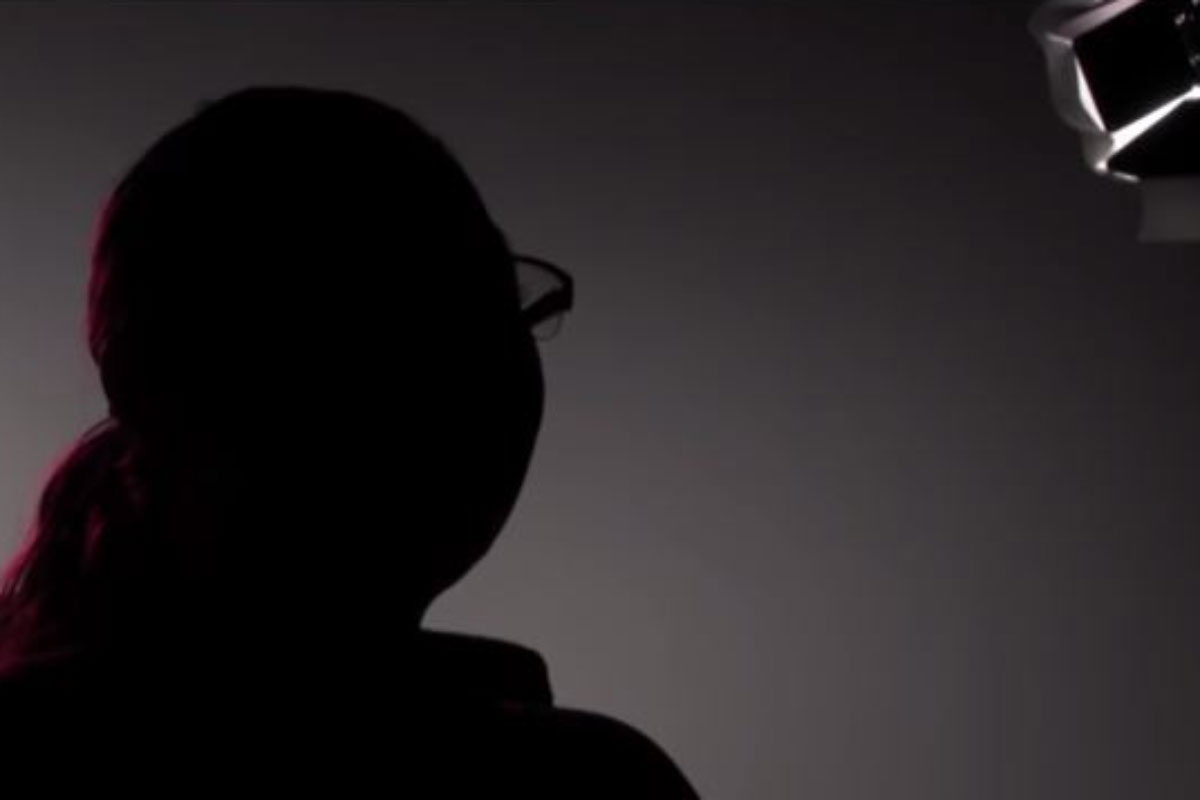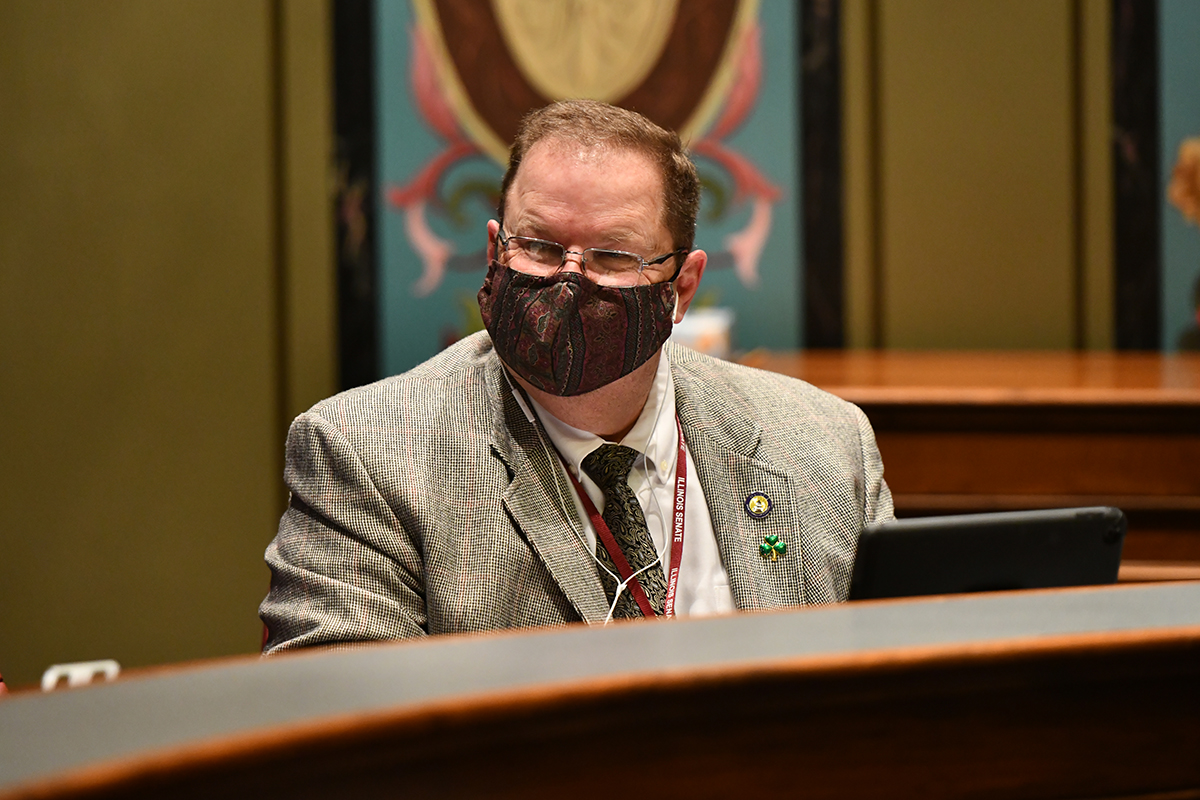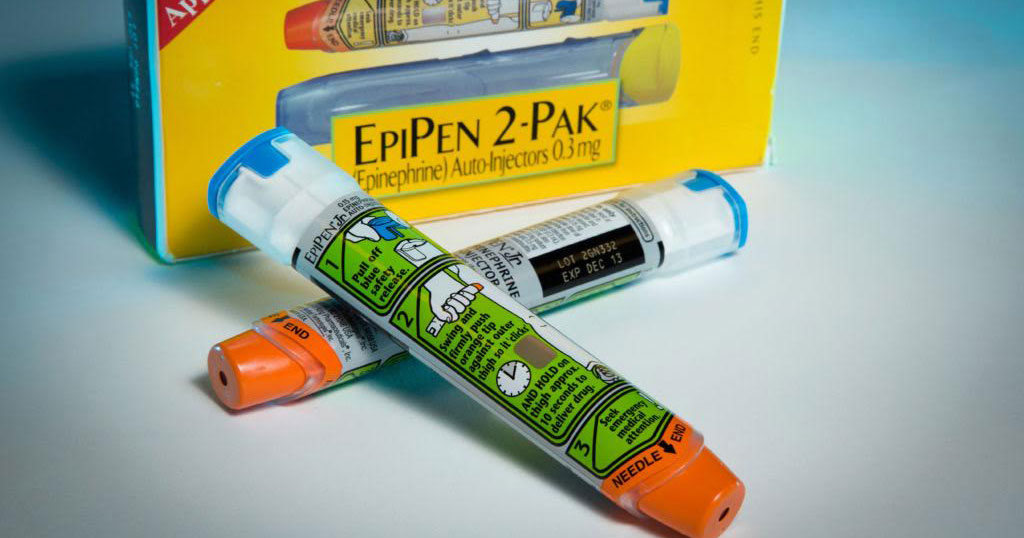- Details
- Category: Senator Laura Murphy News
 SPRINGFIELD – As college-bound seniors receive their acceptance letters and prepare for the fall semester, State Senator Laura Murphy (D-Des Plaines) is seeking to create a task force dedicated to making textbooks and other course materials more affordable.
SPRINGFIELD – As college-bound seniors receive their acceptance letters and prepare for the fall semester, State Senator Laura Murphy (D-Des Plaines) is seeking to create a task force dedicated to making textbooks and other course materials more affordable.
“After a year of remote learning and working, we have all become more familiar with the advantages of digital resources like e-books,” Murphy said. “As we look ahead to recovery, it’s important that we find out how these resources can supplement current initiatives like subscription and rental programs to help reduce the financial burden on college students and their families.”
Read more: Murphy plan would help schools offer more affordable textbooks
- Details
- Category: Senator Suzy Glowiak Hilton News
 SPRINGFIELD – More survivors of violent crime would be able to keep their home addresses private as participants in the Illinois Address Confidentiality Program (ACP) under a proposal from State Senator Suzy Glowiak Hilton (D-Western Springs) to expand protections for survivors of human trafficking.
SPRINGFIELD – More survivors of violent crime would be able to keep their home addresses private as participants in the Illinois Address Confidentiality Program (ACP) under a proposal from State Senator Suzy Glowiak Hilton (D-Western Springs) to expand protections for survivors of human trafficking.
“Violent crime survivors undergo substantial emotional and mental trauma,” Glowiak Hilton said. “By adding human trafficking to the list of crimes protected by the ACP, we’re offering survivors some peace of mind that their sensitive personal information is safe and protected against abusers.”
Read more: Initiative by Glowiak Hilton aims to protect survivors of human trafficking
- Details
- Category: Senator Robert Martwick News
SPRINGFIELD – State Senator Robert Martwick’s (D-Chicago) legislation creating property tax exemptions of up to $5,000 for police and firefighters with qualifying duty-related disabilities passed the Illinois Senate on Wednesday.
“First responders put their lives at risk everyday to protect all of us and our families,” Martwick said. “This bill provides some much needed tax relief for those first responders who have become injured and disabled while serving.”
Senate Bill 1572 creates a property tax homestead exemption of up to $5,000 for police officers and firefighters with qualifying duty-related disabilities. Such exemptions would only apply if their homes have an assessed value of less than $250,000.
- Details
- Category: Senator Melinda Bush News
 SPRINGFIELD – A no-contact order typically instructs a defendant not to have any in-person contact with a victim. However, unless a measure passed through the Senate by Senator Melinda Bush (D-Grayslake) becomes law, they could still hound their accuser via text message, email or social media.
SPRINGFIELD – A no-contact order typically instructs a defendant not to have any in-person contact with a victim. However, unless a measure passed through the Senate by Senator Melinda Bush (D-Grayslake) becomes law, they could still hound their accuser via text message, email or social media.
“When a person pursues a no-contact order against someone, there is nothing stopping the perpetrator from sending threatening texts or leaving harassing voicemails,” Bush said. “In the age of technology and online dating, far too many people have experienced unwarranted communications after drawing the line.”
Read more: Bush measure to expand no-contact orders to include text, social media passes Senate
- Details
- Category: Senator Scott Bennett News

SPRINGFIELD – To improve transparency around prescription drug costs, State Senator Scott Bennett (D-Champaign) moved a measure through the Senate requiring pharmacies to post a notice informing consumers that they may request current pharmacy retail prices at the point of sale.
“Consumers deserve to know the lowest drug prices at their pharmacy so they can make an informed decision about where they buy their prescriptions,” Bennett said. “High prescription drug prices affect us all, and this legislation seeks to provide truth and transparency.”
Under Senate Bill 1682, pharmacies would be required to post a notice informing consumers that they may request current pharmacy retail prices. Customers would also be told the retail price of a prescription drug, both in writing and electronically, prior to purchase.
Read more: Bennett plan to prevent pharmacies from hiding drug prices passes Senate
- Details
- Category: Senator Scott Bennett News

SPRINGFIELD – Senate Higher Education Chair Scott Bennett (D-Champaign) moved a plan through the Senate Wednesday to improve the Illinois Higher Education Savings Program.
“This program helps children build a financially secure future from day one,” Bennett said. “This legislation would also give the Illinois treasurer the tools needed to implement the program to help eliminate barriers to families saving for college.”
In 2019, the Illinois Higher Education Savings Program, established as part of the Illinois treasurer’s existing Bright Start and Bright Directions programs, was signed into law. Under this law, the treasurer will automatically deposit $50 into a college savings account for every child born or adopted in Illinois after Dec. 31, 2020.
Read more: Senate approves Bennett measure to improve children’s higher education savings program
- Details
- Category: Senator Patrick Joyce News

SPRINGFIELD – An initiative by State Senator Patrick Joyce (D-Essex) to prevent children’s lemonade stands from being shut down for not having a permit cleared the Illinois Senate Wednesday.
The legislation was inspired by 12-year-old Hayli Martinez, whose lemonade stand in Kankakee was flagged by local officials and shut down.
“I once was a kid with a dream to own a business, and the current law discourages our young entrepreneurs – it’s time to stick up for them,” Joyce said. “Opening a lemonade stand is a rite of passage for any child – this legislation allows our youth to be innovative while making some extra money.”
Read more: "Hayli’s Law” clears Senate in victory for young entrepreneurs
- Details
- Category: Senator Julie A. Morrison News

SPRINGFIELD – Due to the extremely high cost of EpiPens, many people go without – living life each day hoping they aren’t faced with an allergic reaction that requires the lifesaving medicine. To combat the burdensome price, State Senator Julie Morrison (D-Lake Forest) has passed a measure to require insurers to cover medically necessary epinephrine injectors.
“With increases in food allergies and other serious allergic conditions, people are relying on EpiPens more than ever,” Morrison said. “Nobody with a serious allergy should go without an epinephrine injector simply because they cannot afford one.”
In 2019, Morrison passed legislation to require insurers to cover medically necessary epinephrine injectors – also known by the brand name of EpiPens – for minors. However, she wants to take the law one step further by removing the age limitation. Morrison introduced identical legislation last year, but it was stalled due to the onset of the COVID-19 pandemic.
Read more: Morrison’s plan to expand EpiPen insurance coverage moves forward
More Articles …
Page 519 of 768














 © 2026 Illinois Senate Democratic Caucus
© 2026 Illinois Senate Democratic Caucus